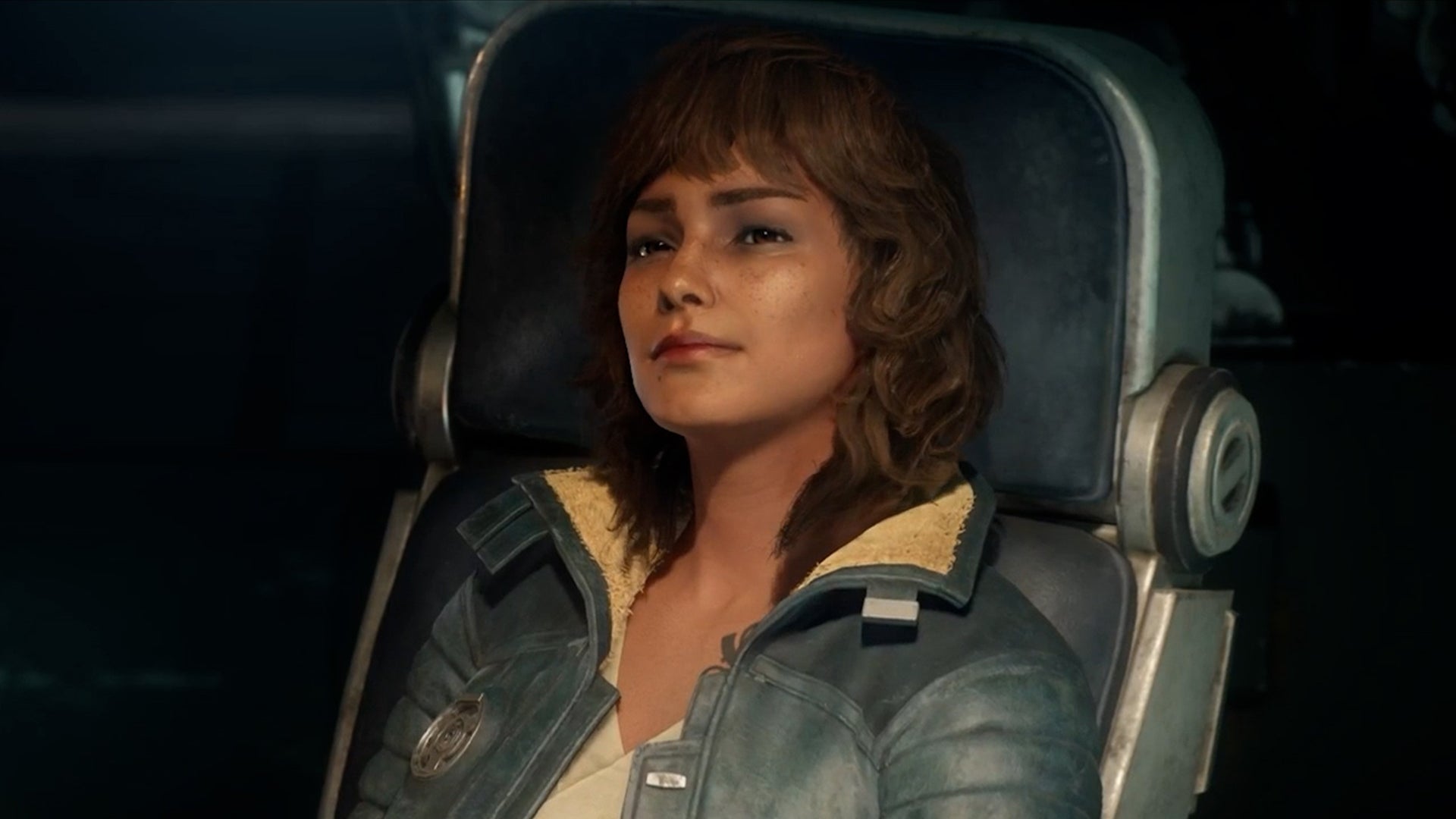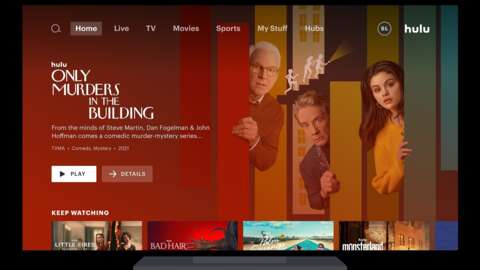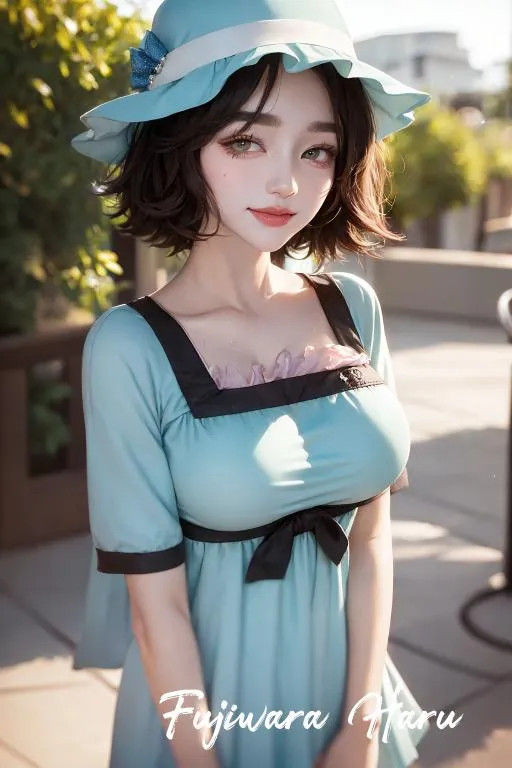While the biggest Oscar conversations happen around the Best Actress, Actor, Director, and Picture categories, I’d like to contribute some mild takes about a different category: awarding end credit songs the Best Original Song is kind of bullshit. I blame the award show industrial complex over everything else. What started off as an award celebrating clever, heartbreaking, catchy tunes in a film has now become a shortcut for aspiring EGOT winners by expanding the rules so much to literally include the end credits as a valid place for an original song to debut. A surprise for people leaving the theater. Believe me, if I were a recording artist I, too, would be playing the same game.
The Best Original Song should be featured in the movie. Be a part of the story, indicative of the themes and feelings of the characters. Any song stands on its own and can be judged in a vacuum. Because of that, I think there should be some consideration if a song is an impactful element of a film, like Dorothy singing “Somewhere Over the Rainbow” in The Wizard of Oz, or Eminem’s “Lose Yourself” in 8 Mile, Mrs. Potts singing the titular “Beauty and the Beast”, or even “Take My Breath Away” playing over a sex scene that would be deemed unnecessary by Gen Z and Henry Cavill.
What Should Count?
A stylistic theme song with a musical leitmotif that’s sprinkled throughout the score? Is it just an original song that plays in a scene and/or reflects the mindset of a character? I’d agree with and allow a lot of these answers. Sometimes an original song will play right before or right at the beginning of the end credits, and that’s nice! Bonus entertainment!
But if you think I’m considering a song that plays after a screenplay’s [THE END] or [FADE TO BLACK] a worthy contender for the Original Song category, grow up! In the case of the song playing in the last scene and continuing over the end credits, I don’t count biopic text card epilogues since the movie is already taking me out of movie mode and into read mode (normally reserved for end credits), but something like the end of Transformers is exactly how you do it! If there’s footage under the end credits…you’re just testing my patience!
Take a look at this year’s nominated songs, it’s a good variety of types and usage. Of course, “I’m Just Ken” is the character-driven power ballad from Barbie performed by Ryan Gosling, and Billie Eilish’s “What Was I Made For” functions as a theme and motif, playing whenever Barbie is with Barbie creator Ruth Handler (Rhea Perlman). “Wahzhazhe (A Song for My People)” is performed by the Osage Tribal Singers in the last scene of Killers of the Flower Moon showing the continued spirit of the Osage people today before cutting to black for the end credits. “The Fire Inside” - written by always-the-nominee-never-the-winner Diane Warren - starts playing over the text epilogue of the flavor dust movie Flamin’ Hot, and “It Never Went Away” plays over the end credits of American Symphony, which is the only Oscar nomination for the film.
To be extra clear, I’m not saying that end-credit songs are bad songs. Some of the winners in this millennium are truly beautiful songs and have incredible messages of their own, but I don’t think Original Songs should be judged in a vacuum apart from the film. This is also a fairly recent phenomenon. But to see how we got here, we need to see how far we’ve come.
A Little History
Since its introduction at the 7th Academy Awards in 1934, nominees and winners of the Original Song category have reflected the evolving style and trends of filmmaking. Naturally, in the ‘30s, 40’s, and ‘50s, a majority of Original Song category nominees and winners came from musicals. In the ‘60s and ‘70s, opening titles were still in mainstream use, so theme title tracks became en vogue, with James Bond films creating a relationship setting that standard with their iconic themes and stylish openings. In the ‘70s and ‘80s, films of all genres - Westerns, neo-noirs, romances, mysteries, comedies (not just musicals or movies about musicians) - still found at least a use for a theme song, while Disney dominated the category in the ‘90s with their musical animated princess movies. Disney could be considered to enable these games where for no apparent reason, singers like Mariah Carey and Christina Aguilera are roped in to sing covers of these iconic Disney tunes. Yet today, songs that don’t play until the end of the movie feel tacked onto your experience instead of being a part of it. The movie is over at that point. You couldn’t find a better place for this song while audiences are still engaged with the film?
The rules have also been updated and tweaked to strengthen the quality of and conditions of healthy competition. According to the Academy of Motion Picture Arts and Sciences, this is the current, technical rule for eligible Original Song nominees:
“The first music cue in the end credits”? The part of the movie when theater house lights go up and people can start leaving?! The part that cable channels and streaming services will minimize and mute in favor of advertising? Technically, yes, the end credits are a part of the movie’s runtime, but as a society, we don’t watch end credits! It’s a nice button for the movie, but by the time the end credits roll, the experience and hypnosis of watching a movie is broken. Even when audiences do stay through the credits of superhero movies to see the mid- and post-credit scenes, we talk through them, the phones come back out and it’s acceptable. (I’m not saying it’s right that we do this - so many talented people work on the film that should be given the reverence of recognition by staying for the credits! - but it’s the reality of most movie theaters and audiences.)
By specifying that the first music cue of the end credits is eligible, the Academy is saying that exceptions had to be made to include the end credits, and even then, just the first cue of it. While technically, this rule makes for a wider, varied pool of nominees, I think there should be a more critical emphasis on the role the song plays in the movie itself. If there’s no emotional and/or narrative connection to the story, it feels like a cheap and opportunistic play for an award.
More often than not, the end-credit song is a separate, individual, and complementary piece of media that has little to no impact on the experience of the movie at that point. Yes, it mimics the feeling of the movie’s tone or themes without actually referencing or including the film in its own work, but if it truly were simpatico with the film, would it not be easy to find a place for it to fit into? If the identity it has created becomes bigger than the movie it came from, isn’t that a problem as well?
There is a constant, larger discourse about how much awards should matter, or if they matter at all, so when it comes to manufactured and designed bait products winning, to me, it cheapens the meaning of the award if anyone can “game” it.
Examining the Award Show Indutrial Complex
But how did we get here? As I said earlier, this is a system ravaged by the award-season industrial complex. While the Academy of Motion Picture Arts and Sciences (AMPAS), has been honoring original songs for film since the 30s, the Recording Academy only started awarding the Grammy Award for Best Song Written for Visual Media in 1988. This decision makes sense and comes on the heels of some true bangers winning the Oscar for Original Song during that decade. How?
The Oscars historically have the nominated songs performed during the award show. Since televised award shows are all about the ratings, sometimes original performers of the song or even the songwriters themselves are replaced with better ratings appeal. Given the rise of popular singers like Stevie Wonder (“I Just Called To Say I Love You”), Lionel Richie (“Say You, Say Me”), Berlin (“Take My Breath Away”), or Carly Simon (“Let the River Run”) actively contributing to films with their songwriting and/or performances in the ‘80s, that’s an easy sell to the Grammys to start recognizing this artistic collaboration.
This crossover opened the channel both ways for recording artists to win in different industries, trying to hit two birds with one stone. There’s more incentive to write a great song when you could possibly also be recognized by your own organization. Yet, we need to do a lot better than accept great songs tacked on to the end of a film.
All that to say, while this isn’t necessarily a prediction piece, I still think Billie Eilish will win, as she not only won the Grammy Award for Best Song Written for Visual Media, but she also won Best Song of the Year for “What Was I Made For?” Sorry to Diane Warren once again. Maybe next year?







